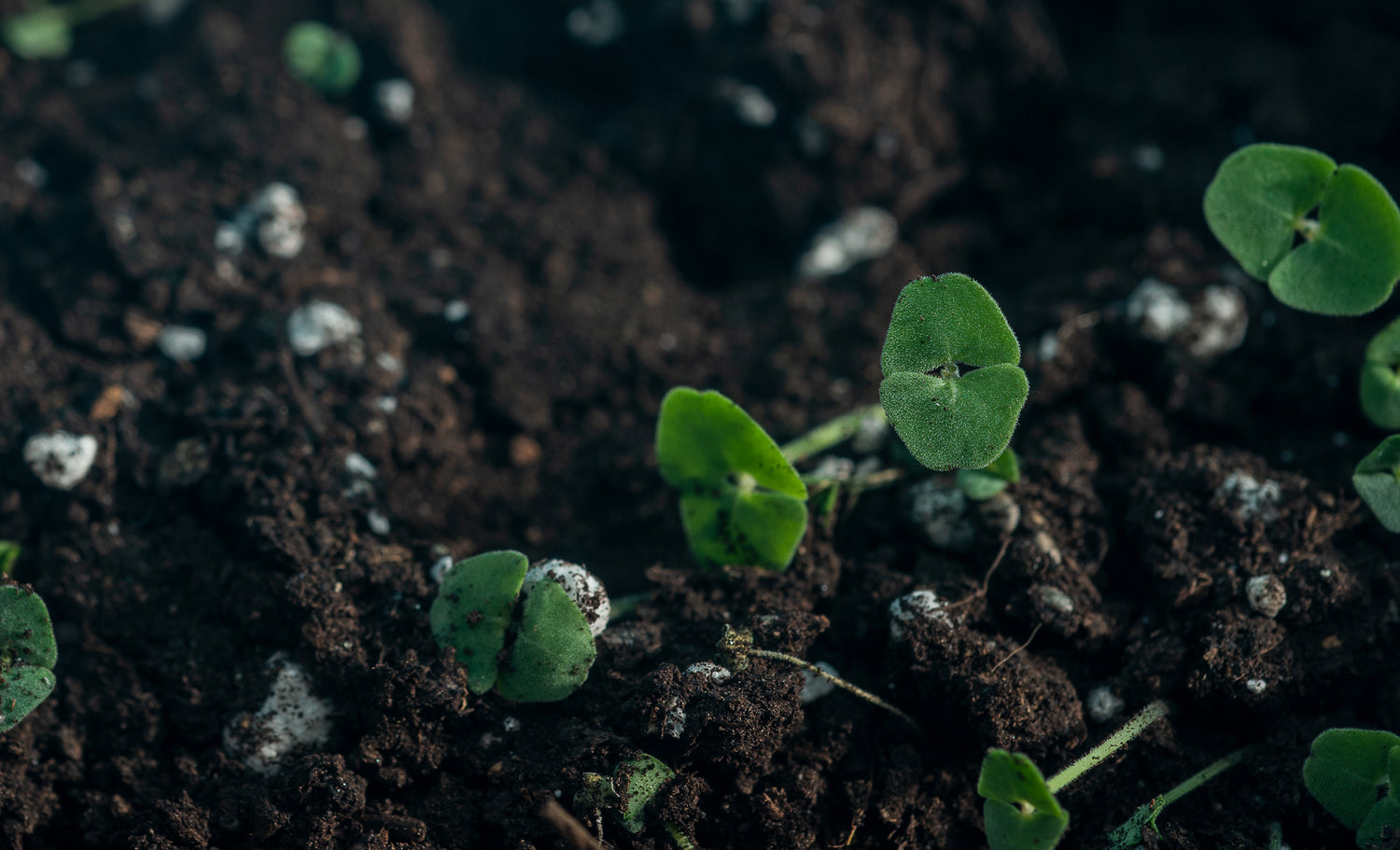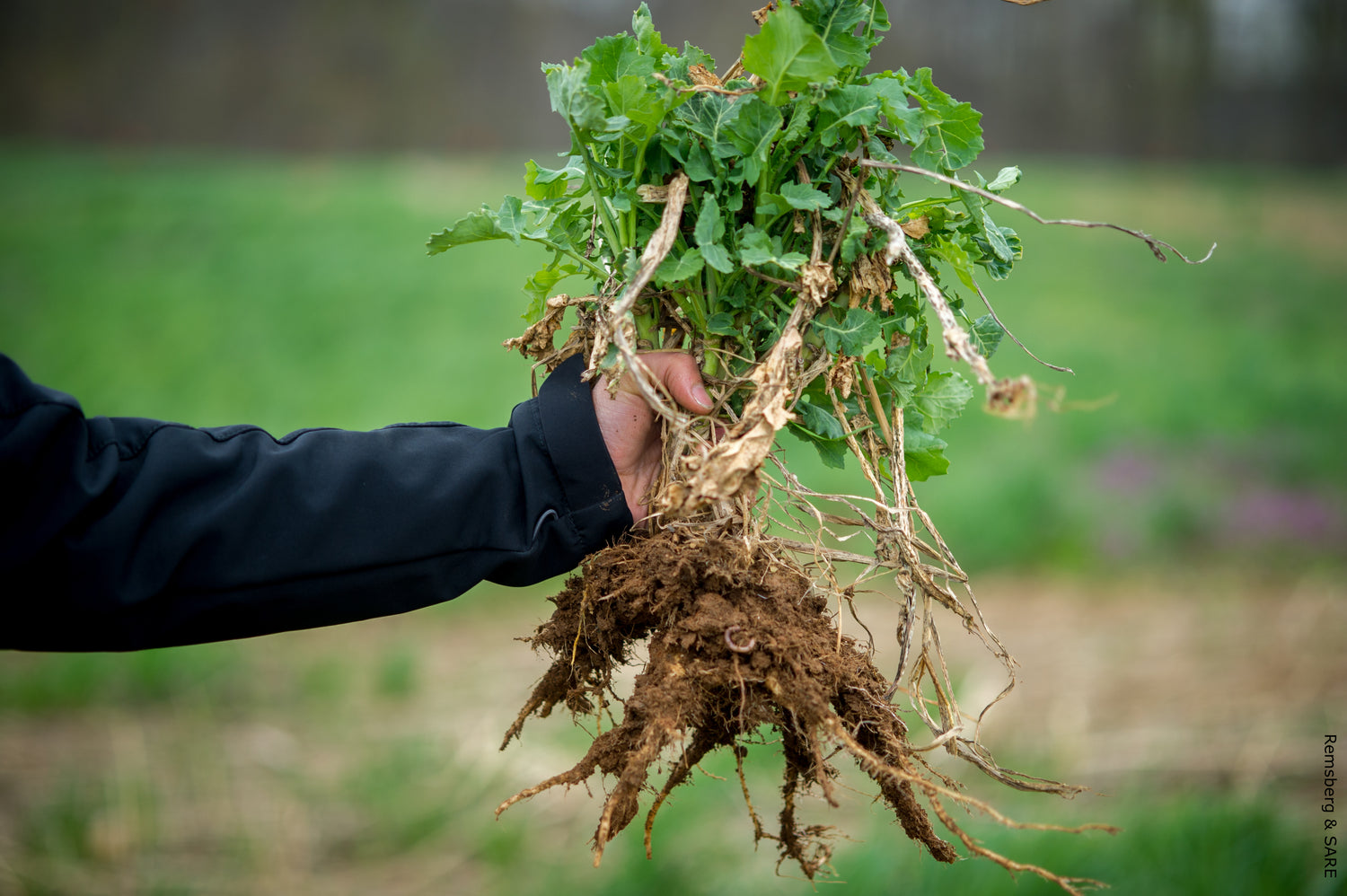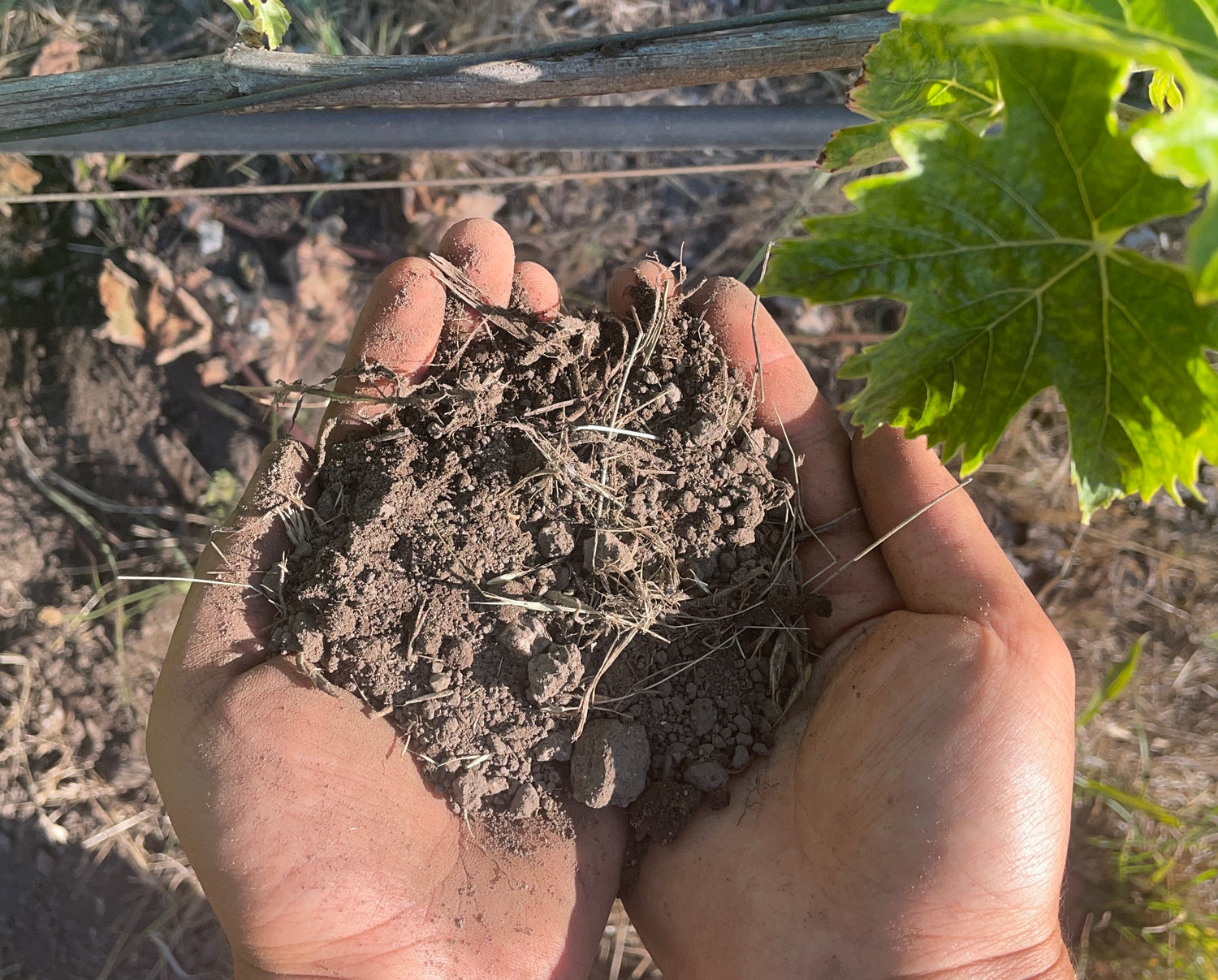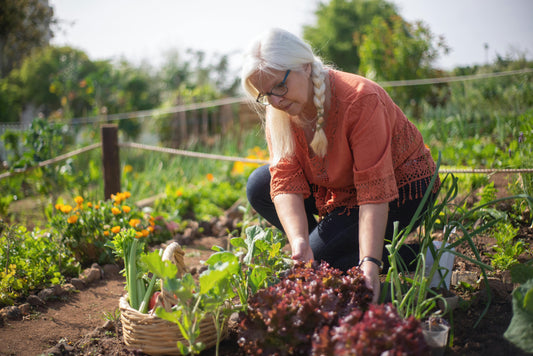For home gardeners, soil pH is a key determinant of plant health, affecting nutrient availability and growth. Portable pH pens provide quick, accurate readings without the need for lab processing, making them ideal for on-the-spot soil management. This 2025 review, informed by 2024 consumer reviews and technical evaluations, ranks the top 7 pH pens based on accuracy, functionality, and affordability, helping gardeners worldwide cultivate thriving gardens.
Why pH Testing Is Essential
Soil pH, typically 6.0–7.5 for most plants, governs nutrient uptake and soil microbial activity. A 2024 study in *Plant and Soil* found that correcting pH imbalances can enhance crop yields by 15–20% (Plant and Soil, 2024). pH pens enable gardeners to monitor and adjust soil conditions using amendments like lime (to raise pH) or sulfur (to lower pH), ensuring optimal plant performance.
Evaluation Criteria
The following factors guided our selection:
- Accuracy: pH readings within ±0.2 units, verified by user feedback and lab standards.
- Additional Features: Metrics like moisture, light, or temperature for added utility.
- Ease of Use: Intuitive design and clear readouts for all experience levels.
- Affordability: Cost-effectiveness for home gardening budgets.
Top 7 Soil pH Pens for 2025
| pH Pen | Features | Price (USD) | Strengths | Weaknesses |
|---|---|---|---|---|
| Sonkir Soil pH Meter MS02 | 3-in-1: pH, moisture, light | $10–$15 | Low cost, no batteries, beginner-friendly | Accuracy ±0.3, basic pH range |
| Kenzinger Soil Tester | 4-in-1: pH, moisture, light, temperature | $15–$20 | Includes temperature, versatile | Needs periodic calibration |
| Atree Soil pH Meter | 3-in-1: pH, moisture, light | $8–$12 | Cheapest option, easy to use | Probe may wear over time |
| Bluelab Soil pH Pen | Digital pH, temperature | $100–$130 | ±0.1 accuracy, durable | High cost, pH-focused |
| VIVOSUN Soil Tester | 3-in-1: pH, moisture, light | $12–$18 | Compact, reliable for casual use | Moderate accuracy (±0.3) |
| XLUX Soil pH Tester | 3-in-1: pH, moisture, light | $10–$15 | No calibration, budget-friendly | Limited precision (±0.3) |
| Apera Instruments PC60 | Digital pH, temperature, conductivity | $120–$150 | Lab-grade ±0.1 accuracy, multi-metric | Complex for beginners, pricey |
Selecting the Best pH Pen
Match your choice to your gardening goals:
- Limited Budget: Atree ($8–$12) or Sonkir ($10–$15) for cost-effective 3-in-1 testing.
- Precision Needs: Bluelab ($100–$130) or Apera PC60 ($120–$150) for high accuracy.
- Multi-Metric Testing: Kenzinger ($15–$20) for pH, moisture, light, and temperature.
A 2024 *Soil Use and Management* study highlighted that regular pH testing improves nutrient efficiency by 20%, reducing fertilizer waste (Soil Use and Management, 2024).
Effective Use of pH Pens
Maximize accuracy with these steps:
- Gather Samples: Collect soil from 6–8 inches deep across multiple garden areas, mixing for a representative sample.
- Calibrate (if Required): Follow manufacturer instructions for pens like Bluelab or Apera to ensure precise readings.
- Adjust Soil pH: Apply lime to raise pH or sulfur to lower it, targeting 6.0–7.5, based on test results.
Regular testing supports sustainable gardening by optimizing soil conditions and minimizing environmental impact.
Where to Find Soil Amendments
Supplies like lime, sulfur, and compost for pH adjustments are available at:
- Terra Sol Garden Center (5320 Overpass Rd, Santa Barbara, CA 93111): Compost, organic amendments. Rated 4.7 stars on Google Maps.
- Armstrong Garden Centers (1364 Morena Blvd, San Diego, CA 92110): Soil products, plants. Rated 4.6 stars.
- Green Acres Nursery & Supply (8501 Jackson Rd, Sacramento, CA 95826): Mulch, gardening supplies. Rated 4.7 stars.
Conclusion
Soil pH pens are indispensable tools for home gardeners seeking to enhance plant health and garden productivity. From the affordable Atree to the high-precision Apera PC60, these 2025 top picks offer solutions for every gardener. By testing and adjusting pH, you can create optimal growing conditions, supported by insights from 2024 research in *Plant and Soil* and *Soil Use and Management*. Choose a pH pen that aligns with your needs to cultivate a thriving, sustainable garden.












